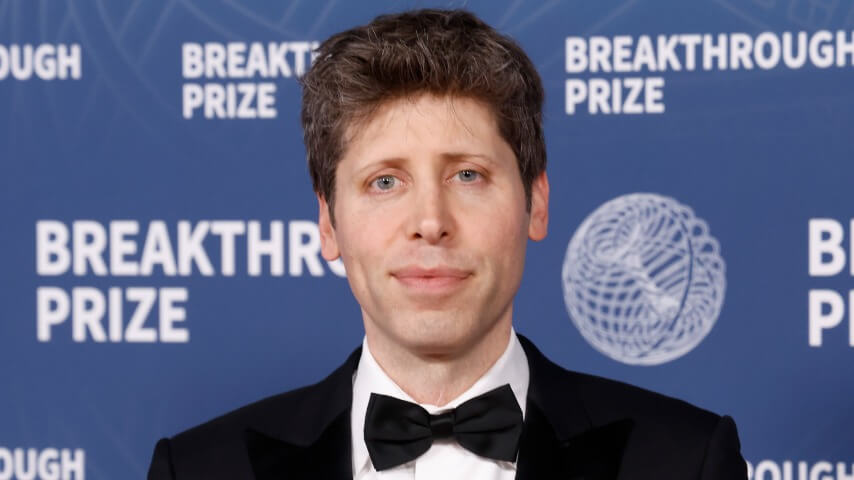According to the outlet, Altman told some agencies their clients would have to opt in for their likenesses to be used by the program, while he told others their clients would automatically be included and they’d have to opt out instead. “We started exchanging notes with others having similar conversations and realized we’re all hearing different things,” an anonymous agency executive shared. While WME was reportedly told that its clients’ likenesses wouldn’t be used without permission (a win for the agency after it was initially told clients would have to individually opt out), studios, on the other hand, must individually flag all properties they don’t want to be used.
This confusing system seems to have worked—at least in OpenAI’s favor. At one point, Sora 2 was spitting out content featuring characters from Bob’s Burgers, SpongeBob SquarePants, Gravity Falls, Pokémon, Grand Theft Auto, and Red Dead Redemption, among many others, THR reports. “This was a very calculated set of moves he made,” the agency exec said. “They knew exactly what they were doing when they released this without protections and guardrails.”
While these agencies haven’t filed litigation as of this writing, talks are reportedly underway. CAA, UTA, and WME have all circulated memos saying that they’ve told OpenAI that none of their clients would be participating in the AI tool, and the MPAA even issued a rare statement denouncing the company’s copyright violating policies. Opting out is easier said than done, however. Multiple sources told THR that there’s currently no formal mechanism to do so. Instead, individual properties are taken down one by one by way of a link that “acts more like a mechanism for reporting infractions,” according to the exec, who noted that it was a slow and cumbersome process. They also pointed out that OpenAI had no dedicated staff responsible for instituting copyright guardrails when Sora 2 was launched, although it has since added a few. Now, many are of the belief that entering into talks with OpenAI “will now and forever put the onus on them to notify the company that their intellectual property can’t be used.” “They’re turning copyright on its head,” said Rob Rosenberg, a partner at legal advisory firm Moses Singer and former Showtime Networks executive VP. “They’re setting up this false bargain where they can do this unless you opt out. And if you didn’t, it’s your fault.”
The full report also delves into agencies’ disappointment with studios’ relatively meek response to this AI incursion. You can read it on The Hollywood Reporter.

 Keep scrolling for more great stories.
Keep scrolling for more great stories.
